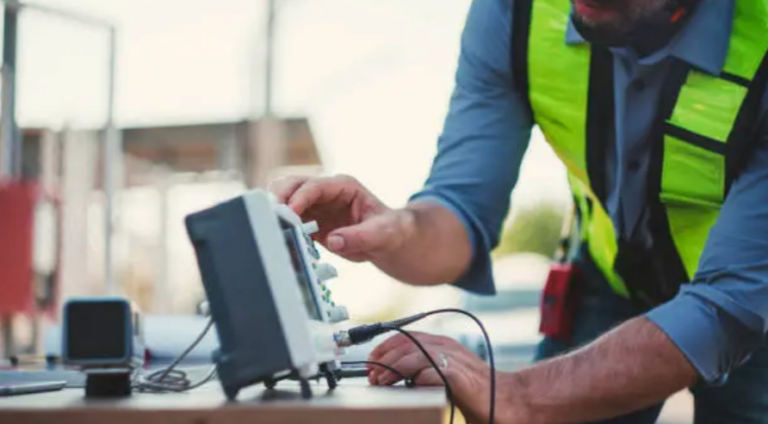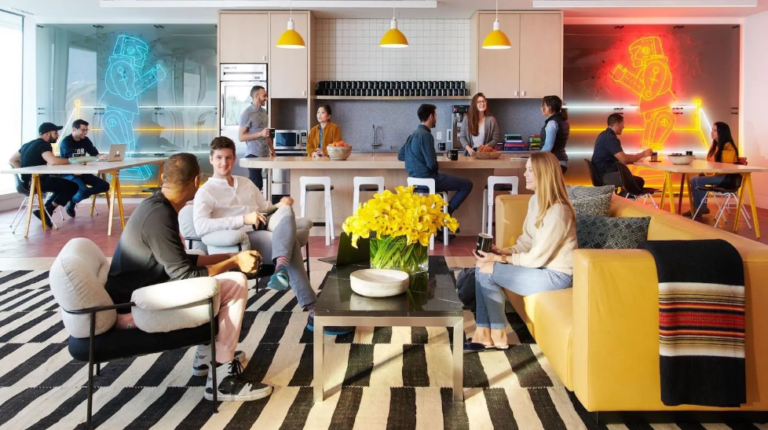Understanding the Types of NDIS Services in Melbourne
Are you new to the NDIS or not sure what services are out there in Melbourne? You’re not alone. The National Disability Insurance Scheme (NDIS) can be hard to get your head around at first. But knowing the different ways you can get help is the first step to making a plan that works for you.
This guide shows you the main NDIS services in Melbourne and how they can really improve your daily life, whether you are a member, a carer, or a support supervisor.
Core Supports
Core supports help you get through the day and stay involved in your community. These supports are adaptable, so you can change them to fit your needs and schedule.
Daily Living Assistance
To help people stay independent at home, offer help with things like taking showers, getting dressed, and eating.
Transport Support
Financial support helps people travel to work, school, therapy, or community events, making it easier for them to remain active and engaged.
Consumables
Includes important things like continence tools, personal care items, and low-cost assistive gadgets.
Community participation
This means getting help to join local programmes, social groups, or fun activities that boost your confidence and social skills.
There are a lot of NDIS providers in Melbourne who offer core support that are flexible and fit your needs.
Plan Management and Support Coordination
It can be hard to keep track of your NDIS plan, but with the right help, it’s much easier. Plan managers help participants by paying bills, keeping track of NDIS spending, handling budgets, and talking to service providers. This lets you focus on your goals instead of the papers. Support managers, on the other hand, help you find your way around the NDIS system by putting you in touch with local services, showing you how to use your plan, and changing your supports as your needs change. There are a lot of experienced professionals in Melbourne who offer both in-person and online services. This means that you can get help no matter where you are in your NDIS journey.
Capacity Building Supports
Capacity-building supports are meant to help you get better at things, become more independent, and reach your long-term goals.
Support Coordination
This tool helps you fully grasp your NDIS plan, get in touch with providers, and confidently handle your supports.
Improved Living Arrangements
Help looking into housing choices, applying for housing, and setting up your living area.
Social participation programmes use group and neighbourhood events to help people improve their communication, self-esteem, and social skills.
Health and Well-being
The ability to get help from doctors, personal trainers, and other health workers to improve both physical and mental health.
Employment Support
Help with making resumes, looking for jobs, preparing for interviews, and learning new skills for the workplace.
There are more and more disability-friendly local capacity-building services in Melbourne that can be adjusted to each person’s needs.
Read more: The Evolution of Gaming Technology: What’s Next?
Assistive Technology (AT)
A lot of NDIS members with different needs rely on assistive technology (AT) to help them be more independent, stay safe, and do daily tasks. It includes a lot of different tools, like walkers, wheelchairs, speech aids, hearing aids, and smart home technologies like lighting that turns on and off with your voice or emergency warning systems. These aids are designed to help people with physical or mental problems get through tough times. This gives them more control over their surroundings and daily lives. There are a lot of NDIS-approved AT providers and testing centres in Melbourne that can help people with the process, from picking out the right tools to making sure they are set up correctly and getting training. People can feel more confident and have a better quality of life when they have the right AT in place.
Therapeutic Supports
Therapeutic supports are critical for helping NDIS members get better at functioning, communicating, feeling good emotionally, and being independent. In Melbourne, there are a lot of choices for different settings.
Occupational Therapy
Helps with daily living skills, balance, and being independent by giving useful tips and tools.
Speech Pathology
It helps people who have trouble communicating, improves language skills, makes words clearer, and makes eating safer.
Physiotherapy
Helps people of all ages get stronger, more mobile, more balanced, and better at using their bodies.
Psychology and Counselling
Individualised therapeutic help improves emotional health, resilience, and mental health.
Behaviour support
It helps people deal with difficult habits by using positive, research-based methods.
These services can be done at home, in an office, or over the phone.
Early Childhood Early Intervention (ECEI)
Early Childhood Early Intervention (ECEI) helps kids ages 0 to 6 who are behind in their growth or have problems. It also helps their families get the right help early on. Families can get help from child development specialists at ECEI. They can also get information and coaching to better understand their child’s needs, as well as connections to area services. It also has play-based learning activities that help kids grow in a fun and natural way. In Melbourne, there is a strong network of early childhood partners who work closely with families to make personalised support plans. This gives young children the best start possible.
Home and Living Supports
People who are part of the NDIS and need help with their living can get a variety of services, such as
- Supported Independent Living (SIL) gives people ongoing help with daily tasks in a shared home setting, with staff on call 24/7.
- Individualised Living Options (ILOs) are personalised support plans that let you choose how much help you need to stay in your own home.
- Short-term accommodation (STA) is short-term living and help during vacations, situations, or times when regular workers aren’t available.
- Medium-Term Accommodation (MTA) is temporary housing for people who are looking for a long-term or stable place to live.
In Melbourne, there are both privately owned and government-subsidised places to live, so people can get the help they need.
Conclusion
Melbourne has a large and varied network of NDIS services that are meant to help people at all stages of their lives, from early childhood to older adults, and with a wide range of support needs. There are skilled professionals in your area who can assist you with basic needs, treatments, housing, assistive technology, or programmes that let you be a part of your community. You can make an NDIS plan that is not only useful but also powerful by learning about the different types of supports that are out there and how they fit with your goals. This will help you live on your own more, connect with your community, and reach important goals.






